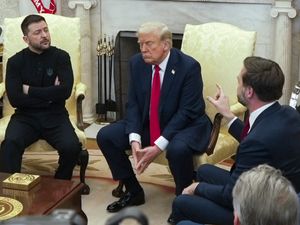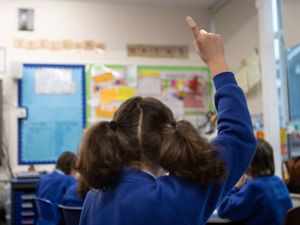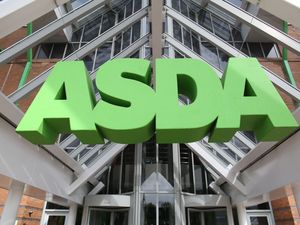Government wins legal challenge over contract given to Cummings’ friends
The Court of Appeal overturned the previous ruling.
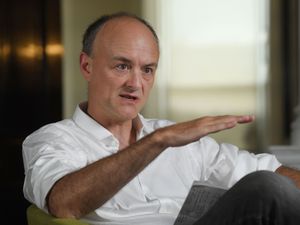
The Government has won its Court of Appeal bid to overturn a ruling that a contract given to a company whose founders were friends of former adviser Dominic Cummings was unlawful.
Last year, the High Court ruled that the Cabinet Office’s decision to award a contract to market research firm Public First was unlawful as it gave rise to “apparent bias”.
The organisation was given a contract for over £550,000 in June 2020 for focus groups and other research – including testing public health slogans such as “Stay at home, protect the NHS, save lives”.
Campaigning organisation the Good Law Project brought a case over the links between the firm’s founders and the Prime Minister’s former adviser as well as then-Cabinet Office minister Michael Gove.
In the original ruling, Mrs Justice O’Farrell found that the “apparent bias” was not due to the existing relationships between Mr Cummings and Public First but because of a failure to consider any other research agency and record the objective criteria used in the selection.
However, in a judgment on Tuesday, the Court of Appeal overturned the previous ruling.
The Lord Chief Justice Lord Burnett, sitting with Lord Justice Coulson and Lady Justice Carr, found that the original judgment was an “unprecedented outcome”.
Lord Burnett concluded: “The fair-minded and reasonably informed observer would not have concluded that a failure to carry out a comparative exercise of the type identified by the judge created a real possibility that the decision-maker was biased.”
In a tweet shortly after Tuesday’s ruling was published, Mr Cummings described the judgment as “total vindication for my decisions on moving super speedy on procurement to save lives”.
Mr Cummings said the court case showed the need for the Government to urgently put in place “clear procurement rules” for emergencies.
Boris Johnson’s former aide said it was “good news” the Court of Appeal had “seen sense & said I behaved lawfully”.
But it was “hopeless” having cases dragged through the courts “causing massive uncertainty/delays/costs across Whitehall”, he continued.
Calling for a “serious emergency procurement system”, Mr Cummings said he had to “move v fast in totally opaque legal miasma”.
The judges found that the question of whether there was apparent bias should have been decided on the reasons behind the decision to give the contract, including that Public First was already doing research and that only two companies had the “scale, expertise and experience” to provide the service at the start of the pandemic.
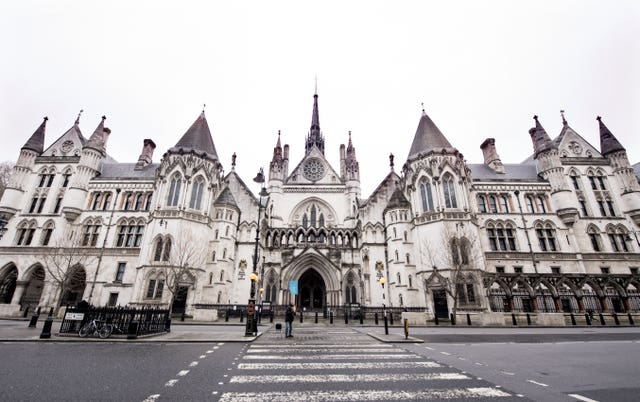
Lord Burnett said that a fair-minded and informed observer, used as a legal test in this case, would have known this and known that there “was nothing unlawful in the involvement of Mr Cummings in the decision-making process”.
He continued: “Quite apart from Mr Cummings, experienced civil servants… knew what services were urgently needed in a public health emergency and were intimately familiar with the market for their provision.”
At a hearing in November, Sir James Eadie QC, for the Cabinet Office, said the High Court judge was wrong to say the department needed to consider other market research agencies in order to avoid the appearance of bias.
He continued: “An informed observer would understand that there is an emergency or urgency process built into the system which obviates the need to do the comparative exercise between different potential bidders.”
Jason Coppel QC, for the Good Law Project, had argued the contract award was “a clear and obvious case of apparent bias”.
The campaign group brought its own appeal after the High Court judge ruled against the Good Law Project on two grounds, including that it was wrong to grant such a long contract to Public First.
However, this cross-appeal was dismissed.
Following the ruling, Good Law Project director Jolyon Maugham said the group intended to take the case to the UK’s highest court.
Mr Maugham tweeted: “This is the first substantive judgment against us since 2019. We think, with respect, it’s wrong and we are asking for permission to go to the Supreme Court.”


